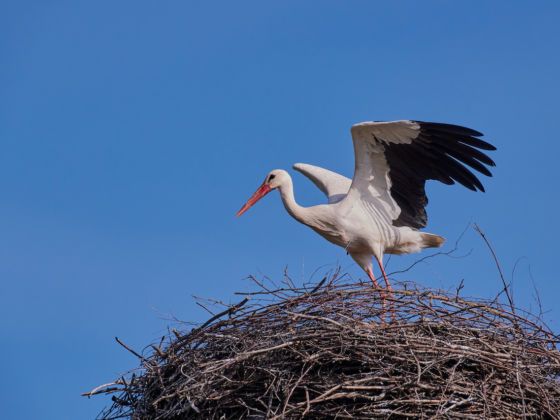This is The Climate Win, the most positive sustainability news around the world every week.
Happy Friday, Matador readers. The New York Times reported on Thursday that we’re on pace for an 8 percent reduction in global CO2 emissions this year. But it also noted that it’s not actually good news if we simply bounce back to normal levels of polluting in a post-pandemic world. And we all need a bit of good news right now. So here are four environmental developments that really are positive, plus one way that you can help.
